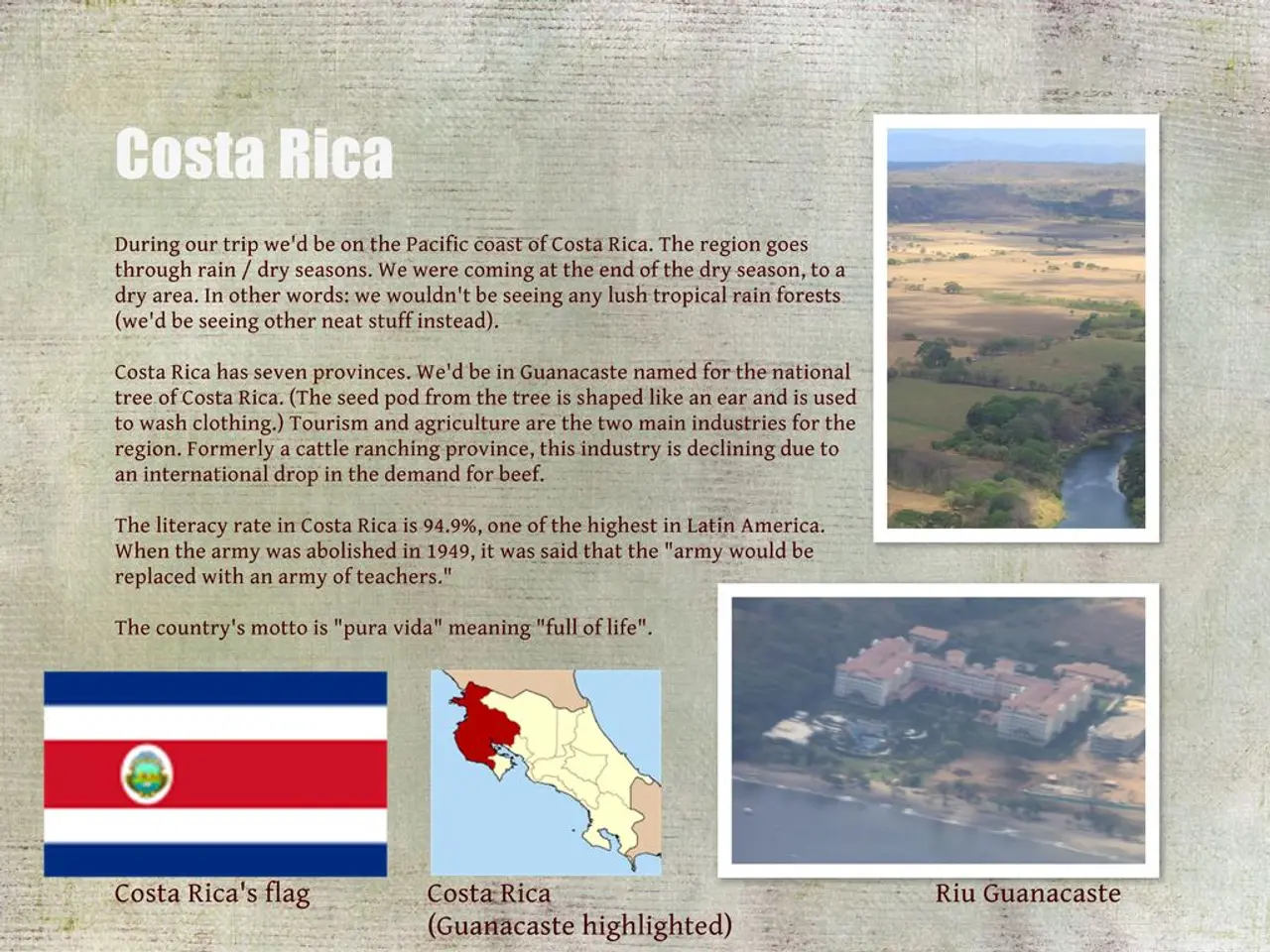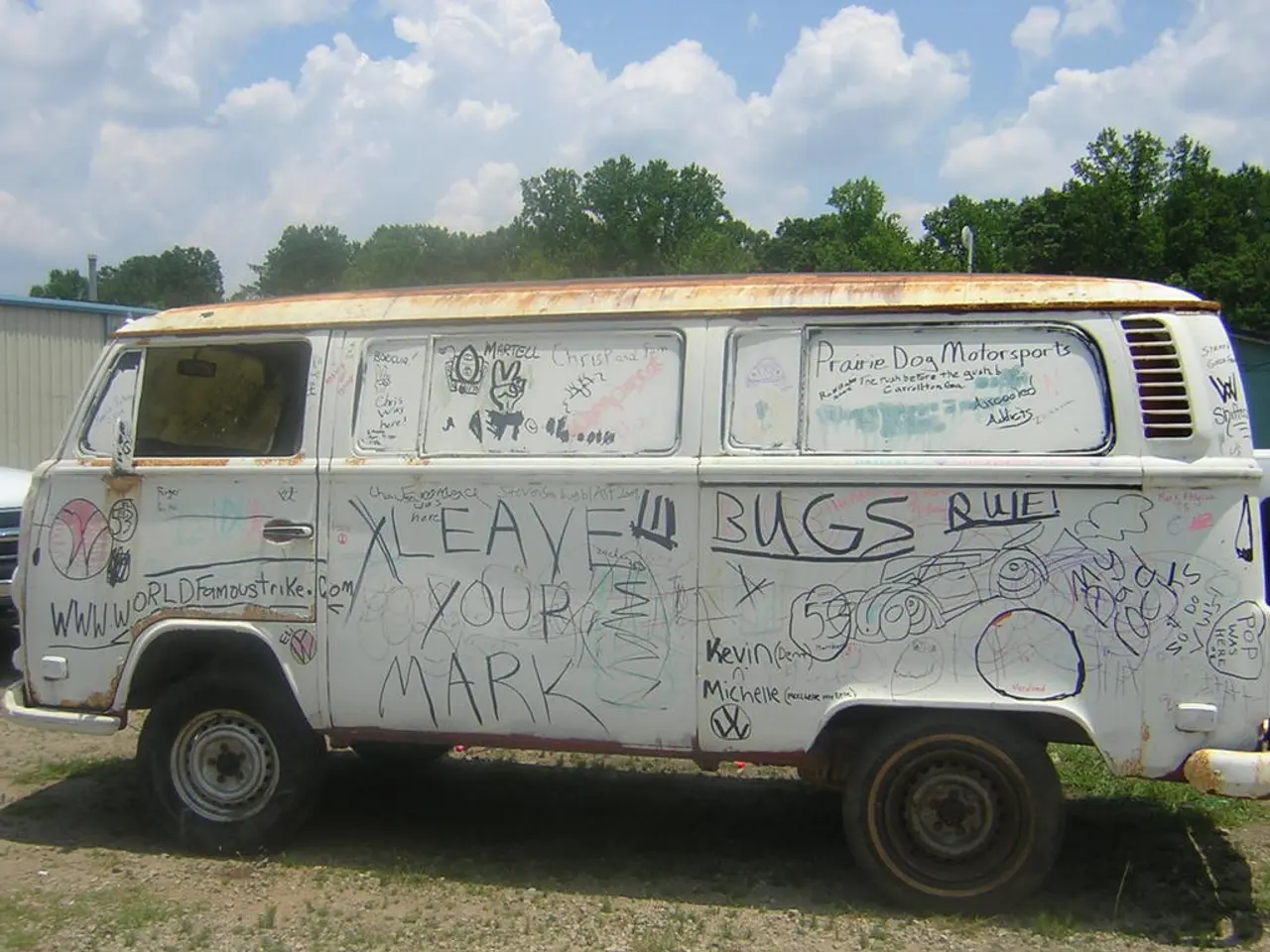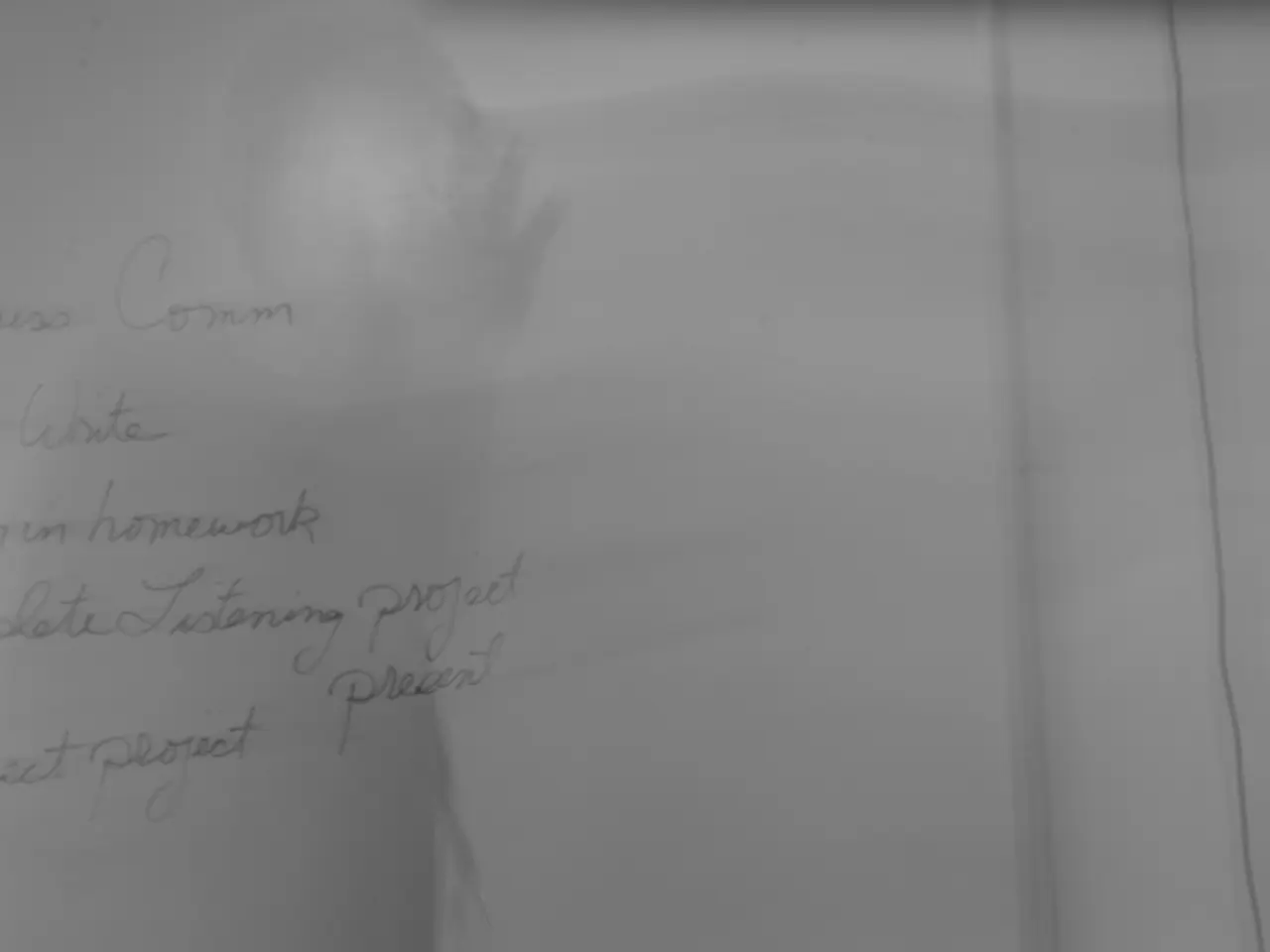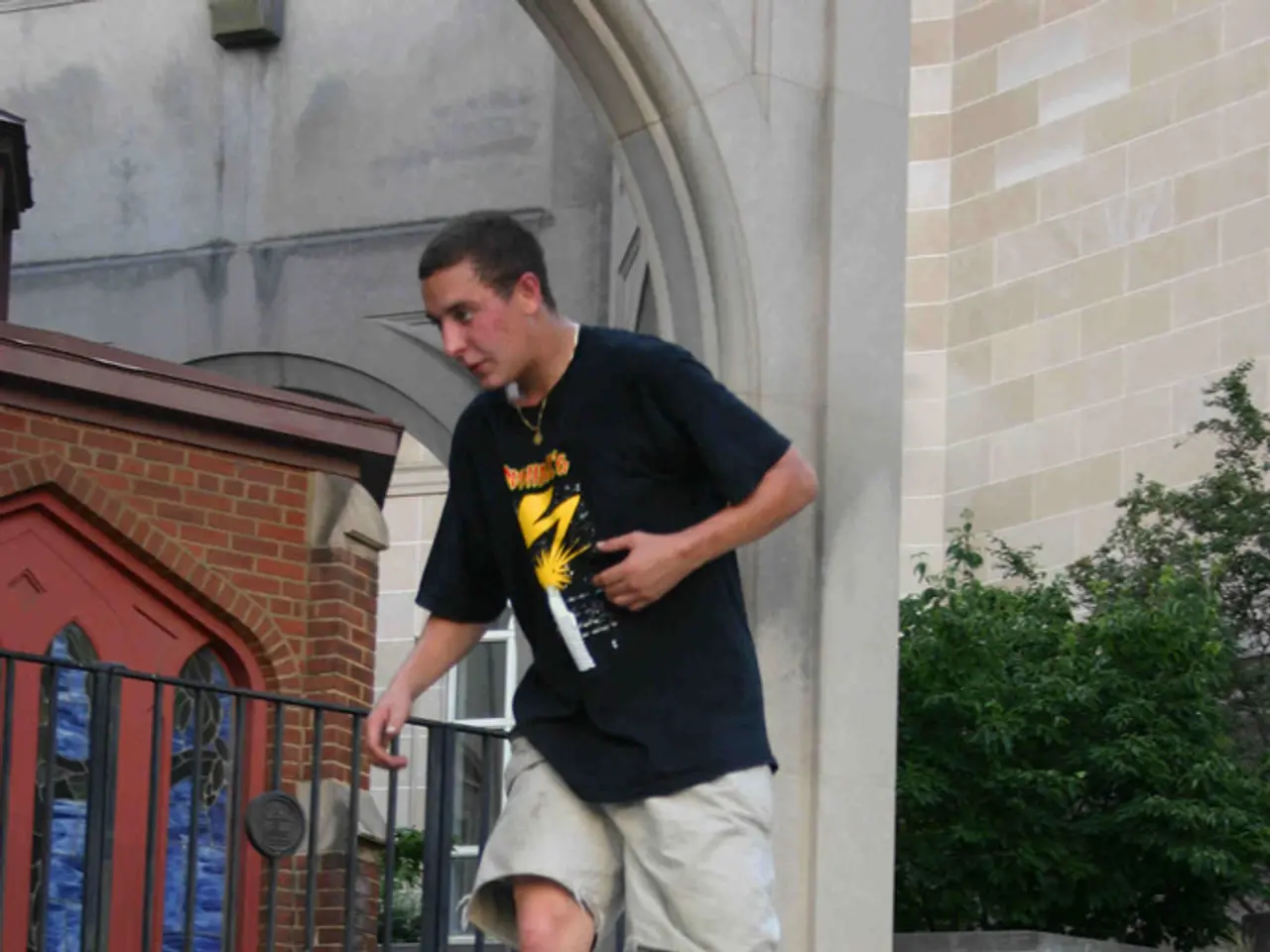Strengthening Climate Negligence and Indigenous Rights Undermining in Brazil via Deteriorative Bill 2159/21 in Congress
Brazil's Bill 2.159/2021, often referred to as the "Devastation Bill," has caused concern among Indigenous communities and environmentalists. This legislation significantly undermines Indigenous Peoples' rights and environmental protection by dismantling the framework for environmental licensing, removing requirements for Indigenous consultation, and enabling unrestricted exploitation of Indigenous and protected lands for mining, agriculture, and infrastructure projects.
The bill excludes unapproved Indigenous and Quilombola lands from environmental licensing processes, institutionalizing denial of territorial rights and weakening protections of Indigenous territories, including those of Indigenous Peoples in voluntary isolation (PIACI), which risks exposing them to diseases and potential genocide.
Moreover, the bill removes the right of Indigenous peoples and other stakeholders to participate in environmental decision-making, thereby ignoring their voices and cultural heritage considerations. This allows companies broad leeway to carry out potentially devastating projects that accelerate deforestation, environmental degradation, and climate-damaging emissions, causing irreversible harm to the Amazon and other sensitive ecosystems.
The bill also reduces environmental safeguards and transparency, creating legal uncertainty and fragmentation as states gain more leeway to relax rules, thus increasing the risk of environmental and social harm. This undermines Brazil's climate commitments and jeopardizes its international reputation, especially critical as Brazil is set to host COP30 in 2025, a major UN Climate Change Conference.
Over 350 Indigenous and civil society organizations strongly condemn the bill as the most significant environmental and Indigenous rights setback in Brazil since the 1980s. Cultural Survival, an organization dedicated to Indigenous Peoples' rights, urges President Lula da Silva to veto the bill to prevent these outcomes.
The bill poses serious risks to Indigenous Peoples in voluntary isolation or in initial contact (PIACI), as it could lead to the transmission of diseases to which they have no immunity, potentially resulting in genocide or the decimation of entire peoples. The bill also exempts companies from conditions and provides automatic renewal of licenses, reducing corporate accountability and compromising international investor and regulator standards.
In summary, Bill 2.159/2021 threatens Indigenous territorial rights and erodes environmental governance, opening the door to deforestation, violence against Indigenous communities, and loss of biodiversity and climate resilience in Brazil. President Lula da Silva has the authority to veto the bill to prevent these outcomes. The bill passed with a vote of 267 to 116.
- The environmental science community is expressing concern about Brazil's Bill 2.159/2021, also known as the "Devastation Bill," as it undermines Indigenous rights and environmental protection, and could potentially accelerate deforestation, environmental degradation, and climate-damaging emissions.
- The policy-and-legislation Asia-Pacific Regional Office of Cultural Survival, an organization dedicated to Indigenous Peoples' rights, is urging President Lula da Silva to veto the bill, given that it excludes Indigenous lands from licensing processes and weakens protections of Indigenous territories, posing grave risks to PIACI and other Indigenous Peoples.
- The bill's passage into law, with a vote of 267 to 116, has been met with strong condemnation from over 350 Indigenous and civil society organizations. This legislation, they believe, will lead to serious harm to the environment, Indigenous communities, and Brazil's commitment to climate change mitigation—potentially damaging Brazil's international reputation at the upcoming COP30 UN Climate Change Conference in 2025.








